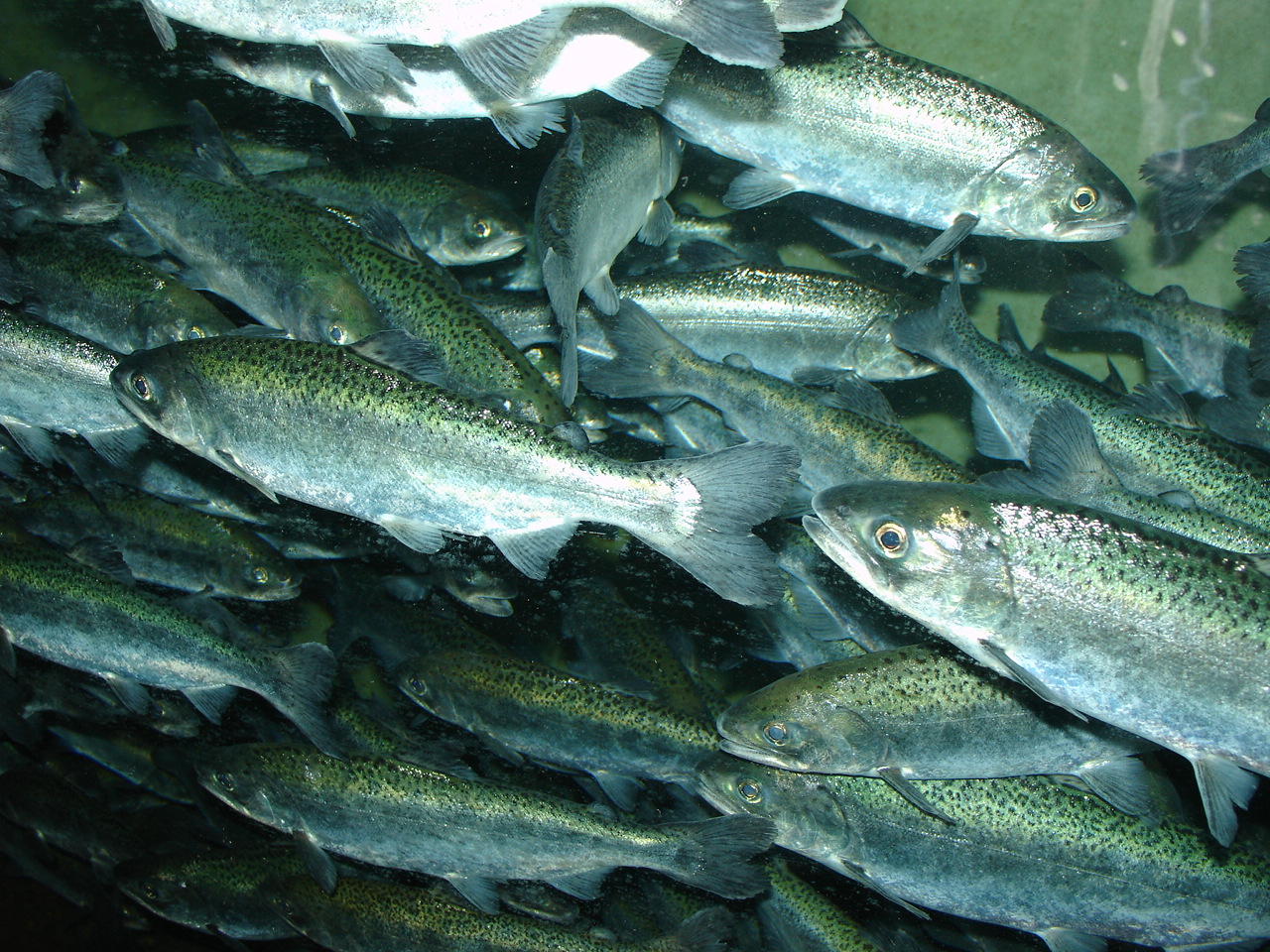 Drought conditions are likely to devastate Central Valley salmon numbers, fisheries’ lobbyists and environmentalists warn.
Drought conditions are likely to devastate Central Valley salmon numbers, fisheries’ lobbyists and environmentalists warn.
Decreasing flows in both the Sacramento and the American rivers have already exposed thousands of nests of fertilized fall-run chinook salmon eggs, and environmental laws intended to protect the fish—and their rivers—aren’t working, critics say.
Mike Healey, a biologist with the Department of Fish and Wildlife, said at least 11 percent of the fall-run salmon nests—also called “redds”—were left high and dry. Others that remained submerged under only an inch or two of water may have stagnated in warm water and fared no better, he says.
“Those eggs need a lot of cold water flowing over them to move debris and nutrients away,” he said. “We might have lost more [nests] than we think.”
The American River was already dewatered in January as officials, desperate to keep the municipal water intake submerged, lowered the outflow from Folsom Lake. And West Coast salmon numbers have declined all the way north to Alaska, but only in California are their troubles so directly related to water shortages.
Endangered fish species are supposed to be protected by the Endangered Species Act. Additionally, a 1992 law called the Central Valley Project Improvement Act requires that 800,000 acre feet of water be reserved every year for the benefit of fish and wildlife. The intent of that law was to protect chinook salmon and, in fact, double their population.
But the law has, so far, failed.
Zeke Grader, executive director of the Pacific Coast Federation of Fishermen’s Associations, explains that the Bureau of Reclamation regularly “games the system” by releasing water from Folsom, Oroville or Shasta lakes and officially logging the releases as part of the required 800,000 acre feet intended to support wildlife and migrating fish.
“But then, when the water reaches the Delta, they pump it south,” Grader said. “They’re double accounting with the same water.”
John McManus, executive director of the Golden Gate Salmon Association, said water intended to benefit fish in the Delta must be allowed to flow into San Francisco Bay for the effort to have effect. This doesn’t always happen, though.
“[The Bureau of Reclamation and water users] have found ways to get that water into the pumps,” McManus said.
